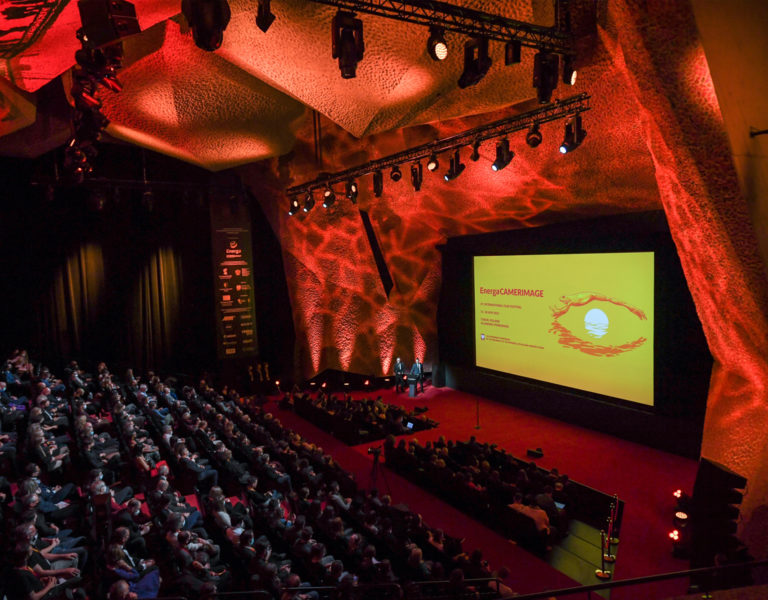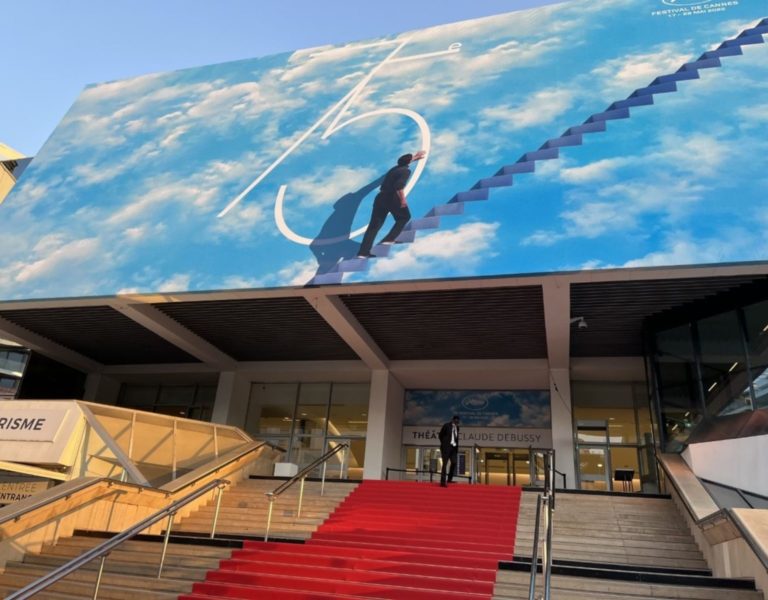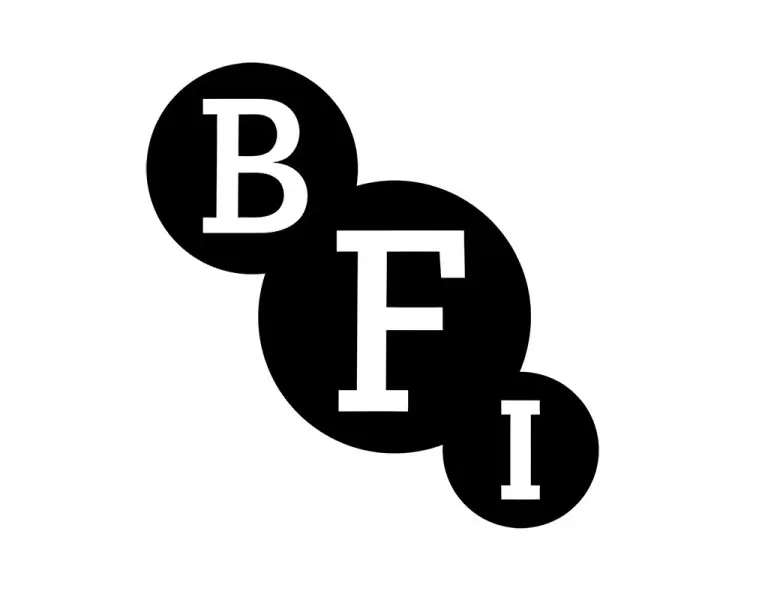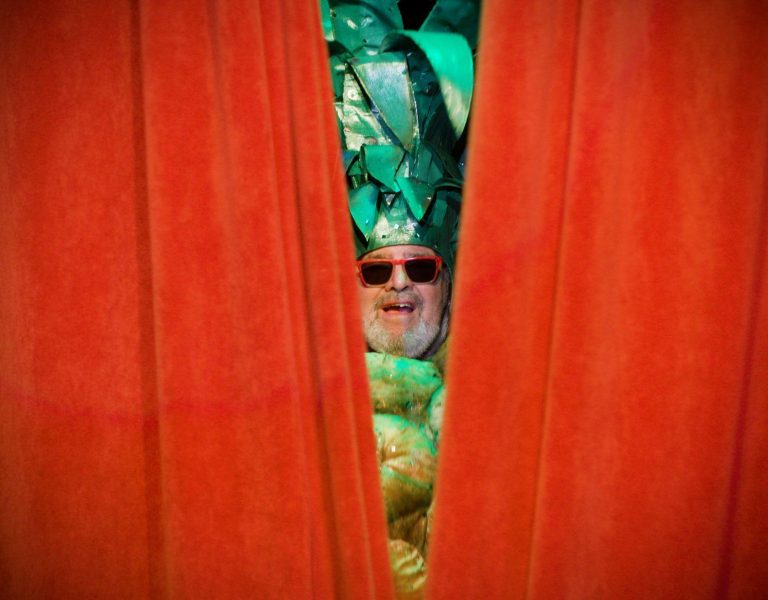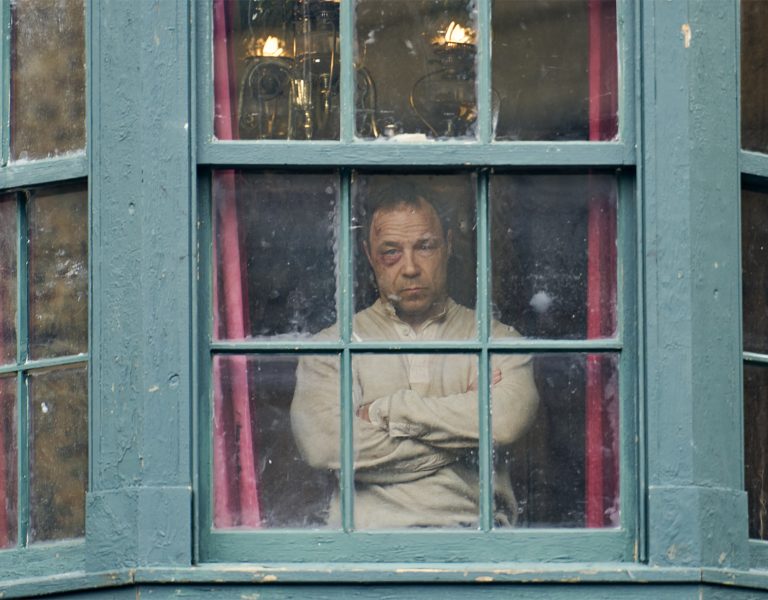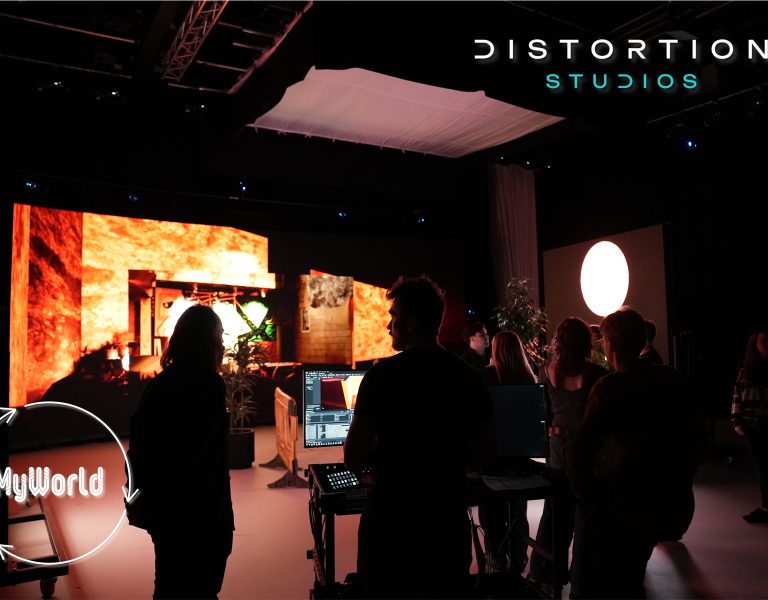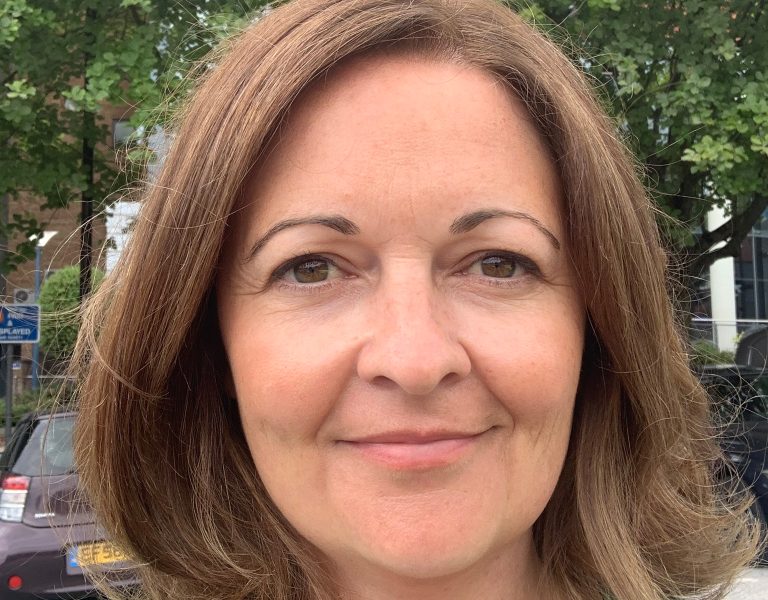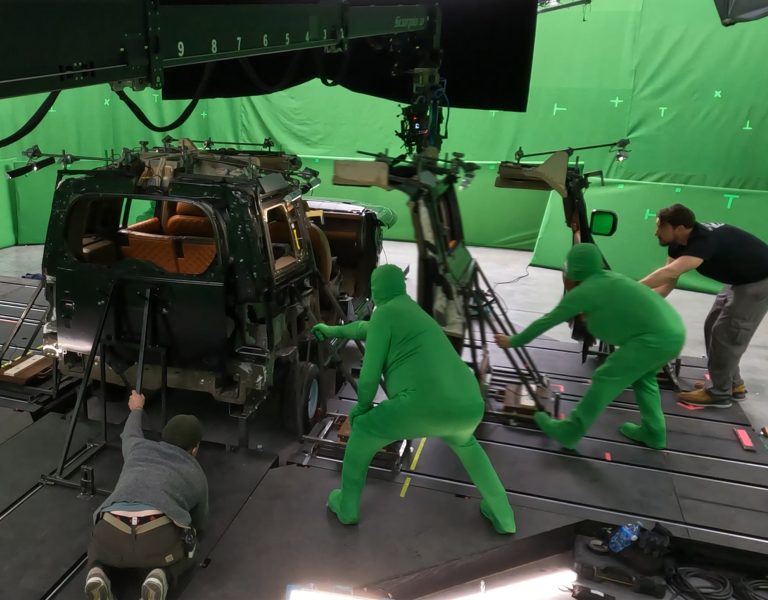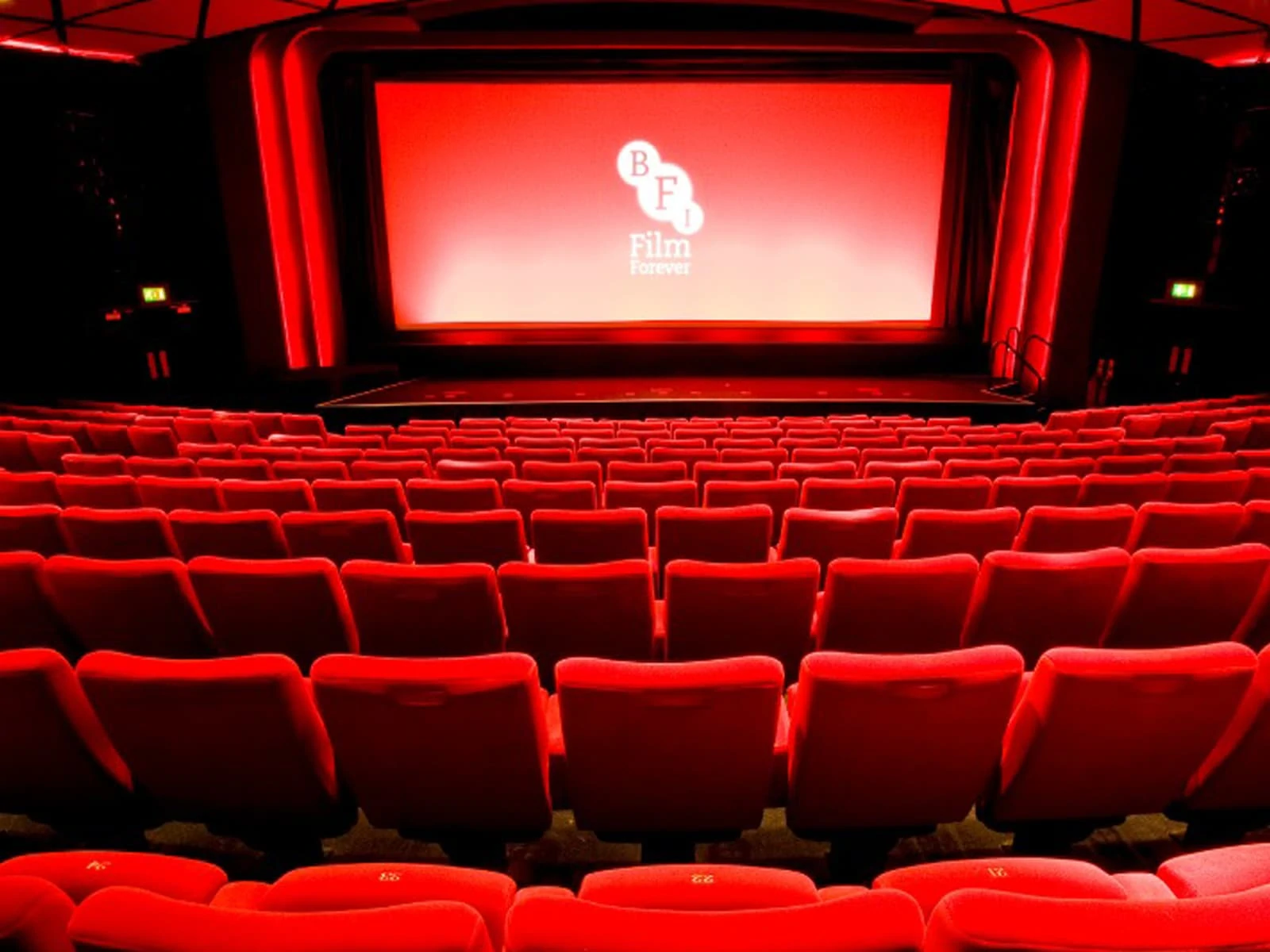
The latest official figures published by the BFI’s Research and Statistics Unit show significant growth in UK film and high-end TV (HETV) production with a record levels of spend contributing to the UK economy and the recovery of the sector.
The combined spend by film and high-end television production (HETV) during 2022 reached £6.27 billion, the highest ever reported and £1.83 billion higher than for the pre-pandemic year 2019.
The lion’s share of the total £6.27 billion spend was contributed by HETV production with £4.30 billion, or 69%; with feature film production contributing £1.97 billion, or 31% of the total spend.
Inward investment films and HETV shows delivered £5.37 billion, or 86% of the combined production spend underlining the UK’s global reputation as the world-leading centre for film and TV production.
Spend on independent UK filmmaking, however showed a downturn with £174 million, a 31% decrease on 2021. Co-productions which are generally made by independent producers saw a 3% increase in spend with £59 million, representing continued growth over the past five years.
Of the total £4.29 billion HETV production spend:
- inward investment shows contributed £3.62 billion (84% of total HETV spend and a 3% decrease on 2022);
- domestic UK shows accounted for £632.7 million (15% of total HETV spend and a 4% decrease on 2021) ; and
- co-production spend was £36.5 million (less than 1% of total spend but a near three-fold increase on 2022).
Of the total £1.97 billion spend on film production:
- inward investment films contributed £1.74 billion (88% of total film spend and a 31% increase on 2021);
- domestic UK films accounted for £173.6 million (8% of total film spend and a 31% decrease on 2021); and
- co-productions accounted for £59.1 million (3% of total film spend and a 3.5% increase on 2022).
The production statistics also reveal an increasing investment made by streamer platforms in single long-form productions (ie not episodic or series). In 2022, there were 22 single domestic UK and inward investment productions which contributed £938.8 million to the HETV spend of £4.30 billion. This spend represents a 23% increase on 2021’s £765 million spend on single productions. These productions include Blitz (dir. Steve McQueen), Napoleon (dir. Ridley Scott) and Saltburn (Emerald Fennell).
Total admissions for 2022 reached 117.3 million admissions, an increase of 59% on 2021, underlining a growing recovery after the impact of restrictions during the pandemic but also showing that business is lagging behind the pre-pandemic year of 2019 by 23% (176 million admissions).
Box office takings in the UK and the Republic of Ireland totalled £945 million across 834 films, 57% more than for 2021’s £602 million earned by 438 releases, but 26% behind 2019’s total box office.
The highest grossing release of 2022 was Top Gun: Maverick* with £83.7 million, representing 9% of the year’s total box office, followed by Avatar: The Way Of Water, with £70.9 million (currently still on release). The top 20 film releases of the year in the UK and Republic of Ireland also feature six UK/USA feature films made in the UK: Doctor Strange In The Multiverse Of Madness The Batman, Jurassic World: Dominion, Roald Dahl’s Matilda the Musical, Fantastic Beasts: The Secrets Of Dumbledore and Downton Abbey: A New Era.
Of the top 20 UK qualifying film releases which grossed £515.8 million – more than double 2021’s chart – 13 films are UK collaborations with other countries. The top grossing UK independent film was Belfast followed by The Banshees of Inisherin, Operation Mincemeat and The Duke. The total box office for the 2022 top 20 UK independent films was £69.2 million, representing 92% of the total box office for UK independent film over the year.
Ben Roberts, BFI Chief Executive said: “Today’s record-breaking figures for film and TV production in the UK are great news for our industry and the UK economy and underlines the success of our industry at a global level. Our world-class talent, craft and production services, and vital film and TV tax reliefs, have enabled the UK to be a major player in a highly competitive global industry. Further investment in expanding studio space UK-wide to meet production demand will continue to build on this economic success and create further jobs.
“To see audiences coming back to cinemas after the pandemic for Top Gun: Maverick, Roald Dahl’s Matilda The Musical and independent films such as Belfast shows that film and the big screen experience is very important to people. But while independent UK films such as Aftersun and The Banshees Of Inisherin are enjoying awards and audience success worldwide and are clearly essential to the creativity of our industry and for UK culture, the continuing downturn in production spend on UK indie film means we need to stand behind the recommendations of the Economic Review of UK Independent Film to ensure it survives and thrives.”
Adrian Wootton OBE, Chief Executive of the British Film Commission, said: “As today’s figures demonstrate, the UK inward investment film and TV industry continues to experience remarkable growth in production, generating billions of pounds for the UK economy and thousands of new jobs in production hubs throughout the UK’s nations and regions. It’s a real testament to the strength of our regional as well as metropolitan offer that so many major film and High-end TV productions choose to base themselves through the length and breadth of the UK. With the right levels of ongoing investment in skills, support and infrastructure, the UK is well-positioned to attract major international film and TV productions for many years to come.’’
Film production in detail
The total number of films going into production in the UK in 2022 was 220, which is 11 more than was reported for 2021, since updated to 290. The total spend on film production in the UK in 2022 was £1.97 billion, 27% higher than the £1.55 billion for 2021 (subsequently updated to £1.64 billion).
Of the 220 films starting production, 100 are domestic UK features contributing £173.6 million in spend, a 31% decrease on the £253 million spend in 2020. Films which went into production included The Great Escaper (dir. Ol Parker), The Critic (dir. Anand Tucker), Firebrand (dir. Karim Ainouz), Borderland (dir. Charles Guard), the Welsh language Y Swn (dir. Lee Haven Jones), Starve Acre (dir. Daniel Kokotajlo), Blue Jean (dir. Georgia Oakley), Accused (dir. Philip Barantini), Unicorns (dir. Sally El Hosaini), Time Stalker (dir, Alice Lowe), Layla (dir. Amrou Al-Kadhi) and Twiggy (Sadie Frost).
A further 30 UK-international co-productions generated a UK spend of £59 million, representing a 2% increase on 2021’s figures but also more significantly continuing to run ahead of pre-pandemic spend levels. As a result, 2022’s co-production spend is now the highest since 2013. Co-productions included The Old Oak (dir. Ken Loach), Club Zero (dir. Jessica Hausner) The Outrun (dir. Nora Fingscheidt), The Tutor (dir. Alice Troughton), Galliano (dir. Kevin Macdonald), The Pod Generation (dir. Sophie Barthes) and American Star (dir. Gonzalo Lopez-Gallego).
The majority of spend was contributed by inward investment films with £1.74 billion, accounting for 88% of the total UK spend and a 31% increase on 2021’s now updated spend of £1.32 billion. The level of inward investment production being made in the UK continues to demonstrate the UK’s reputation globally as a world-class production hub. US studio-backed films contributed £1.36 billion spend on production, a 31% increase on 2021 spend. Inward investment films included the provisionally titled Mickey7 (dir. Bong Joon Ho), Wicked Part 1 & 2 (dir. John M Chu), Fast X (dir. Louis Leterrier), Barbie ((dir. Greta Gerwig), The Beekeeper (dir. David Ayer), Empire of Light (dir. Sam Mendes), Civil War (dir. Alex Garland), Mission: Impossible – Dead Reckoning Part Two (dir. Christopher McQuarry), Magic Mike’s Last Dance (dir. Steven Soderbergh), A Haunting In Venice (dir. Kenneth Branagh), My Mother’s Wedding (dir. Kristin Scott Thomas), Strangers (dir. Andrew Haigh), Love Lies Bleeding (dir. Rose Glass), Meg 2: The Trench (dir. Ben Wheatley), The Interpreter (dir. Guy Ritchie), The Boys In The Boat (dir. Georges Clooney) and Kraven the Hunter (JC Chandor).
Non-US studio inward investment films generated a spend of £382.2 million, a 34% increase on £283.2 million in 2021.
Whilst single films shown on VoD platforms such as Netflix are made in the same way as films for cinema release, their production spend is included within the total spend for HETV, reflecting that they qualify for HETV tax relief. The 22 long-form single episode HETV projects had a combined UK spend of £939 million; an alternative analysis would show that this spend would increase the film spend by 48% to £2.91 billion, the highest film figure on record. Productions contributing to this spend include Blitz (dir. Steve McQueen), Napoleon (dir. Ridley Scott), Heart Of Stone (dir. Tom Harper), The Wonderful Story Of Henry Sugar And More (Wes Anderson), Saltburn (Emerald Fennell), Locked In (dir. Nour Wazzi), Our Man From Jersey (dir. Julian Farino) and Good Grief (dir. Daniel Levy).
High-end television production in detail
HETV production in the UK has boomed since the introduction of the UK’s HETV tax relief in 2013. In 2022, UK spend was £4.30 billion, the second highest year. It is 3% lower than the record-breaking 2021 spend of £4.43 billion (updated since published figures in February 2021) which represented an acceleration in production activity following disruption during the pandemic. However, the 2022 spend represents an 88% increase on 2019’s pre-pandemic spend £2.29 billion.
Of the 195 HETV productions that started principal photography in 2022, 55% were inward investment, 41% were domestic UK projects and 4% were co-productions. The 80 domestic UK productions represents the second highest number of productions since the introduction of the tax relief exceeded by 2021’s record level of activity.
Inward investment accounted for 84% of the total HETV production spend in 2022. This £3.63 billion spend is the second highest recorded UK spend, a 3% decrease on the record high of 2021 but more than double 2019’s pre-pandemic high of £1.80 billion.
Inward investment HETV productions made last year include The Lord of the Rings: The Rings of Power Season 2 (dir. Sanaa Hamri), Happy Valley (series 3, dir. Patrick Harkins), The Gold (dir. Aneil Karia), Apartment 7A (dir. Natalie Erika James), Good Grief (dir. Daniel Levy), Great Expectations (dir Lucy Forbes), Slow Horses 2 (dir. Saul Metzstein), Troubled Blood – Strike (dir. Sue Tully), Disclaimer (dir. Alfonso Cuaron), Treason (dir. Louise Hooper), Bridgerton (series 3), The Crown (season 6), The Gentlemen (dir. Guy Richie), The Buccaneers (dir. Susanna White), One Day (dir. Molly Manners), Never Let Me Go (dir. Marc Munden), The Woman In The Wall (dir. Harry Wootliff), Top Boy (series 5) and Flatshare (dir. Peter Cattaneo).
Domestic HETV productions – 41% of all HETV shows – generated a spend of £633 million across 80 shows, representing 15% of the total spend. It is the second highest annual spend on record and a and 30% ahead of the £484.5 million spend in pre-pandemic 2019. Domestic HETV productions included Stonehouse (dir. Jon S Baird), Nolly (dir. Peter Hoar), Maryland (dir. Susan Tully), Granite Harbour (dir. Gary Williams), Malpractice (dir. Philip Barantini), Dreamland (dir. Ellie Heydon) Archie (dir. Paul Andrew Williams), Detectorists Special (dir. Mackenzie Crook), Cobra: Rebellion (series3, dir Charles Sturridge), Doctor Who (series 14, dir. Rachel Talalay), Waterloo Road (series 7), I Hate Suzie Too (series 2), The Lazarus Project (series 11), Silent Witness (series 26), The Pact II, Mayflies, Ghosts (series 4), Bad Education (series 4), Inside No. 9 and The Tower (series 2).
The UK spend associated with co-production in 2022 was £36.5 million, accounting for 1% of the total spend. This is the highest UK spend seen for HETV co-productions and 78% higher than the £20.5 million spend in 2019. Productions included Wolf (dir. Kris Nyholm), Domina (series 2, dir. David Evans), Devil’s Peak (dir. Jozua Malherbe), Professor T (dir. Dries Vos), Christmas In London (dir Jonathan Wright) and Death In Paradise (series 2, dir Ruth Carney).
Film and high-end television production generates local business activity and jobs across the UK. Productions made across the UK last year included:
- London: film – Magic Mike’s Last Dance, Tales Of Babylon, Layla, One Life, The Beekeeper, Lionesses: How Football Came Home, Dear D, Kraven The Hunter plus many at the studios; HETV – Red, White And Royal Blue, The Diplomat, The Kitchen, Blitz, The Crown (series 6), Ted Lasso (season 3), Top Boy (series 5), The Gold, The Gentelmen, The Chelsea Detective (series 2)
- East of England: film – Boudica, Barbie, Meg 2; The Trench, Fast X, Wicked Parts 1 & 2, Mickey 7, Unicorns, Aaro Ek Prithibi; HETV – The Lord Of The Rings: The Rings Of Power (season 2), Fifteen-Love, Avoidance, Grantchester (series 8), The Shepherd, Detectorists Special, Profession T (series 2), Silent Witness (series 26)
- East Midlands: film – Firebrand, As Strange As Angels; HETV – Napoleon, The Crown (series 6), Queen Charlotte, Black Mirror (season 6), The Full Monty, Stonehouse
- West Midlands: film – Can You Hear Me?, Valaitm Shubh Saanjh, Binny And Baba, Western Gawaya; HETV –Stonehouse, Champion, This Town, Three Little Birds
- North-east: film – Breaking Point, The Old Oak, Blue Jean, Chakda ‘Xpress, Upgraded; HETV – The Hunt For Raoul Moat, Vera (series 12)
- North-west: film – Mission Impossible – Dead Reckoning, Greatest Days, In Camera, How To Date Billy Walsh, Breaking Point, 5lbs Of Pressure; HETV –Nolly, Cobra: Rebellion (series 3), The Full Monty, Archie, Ralph And Katie, The Bay (series 4), Sexy Beast, The Tower (series 2), Cobra: Rebellion, Inside No 9 (series 8)
- South-east: film – Snow White, The Boys In The Board, My Mother’s Wedding, An Action hero, Empire Of Light, The Beekeeper, The End We Start With, The Buckingham Murders; HETV – The Lord of the Rings: The Rings of Power (season 2), The Witcher (season 3), Bridgerton (series 3), Loki (season2), Saltburn, The Gold, Never Let Me Go, Palomino, Heartstopper (series 2), Dreamland, Kate 7 Koji (series2), After Ever After; Red Riding Hood
- South-west: film – The Wasp, Knockers, Accused, Russian Roulette, Christmas At The Holly Day Inn, @Lucky; HETV – Alex Rider (series 3), Rain Dogs, Queen Charlotte, The Winter King, the Gentleman, Sex Education (series 4), Flatshare, Doc Martin (series 10), Beyond Paradise, The Change, My Lady Jane, Truelove, Black Cake
- Yorkshire and the Humber: film – Bonus Track, Starve Acre, Mr Mummy, Brown Boys, Capsule Gill, How To Date Billy Walsh, Nandor Fodor And The Talking Mongoose; HETV – Happy Valley (series 3), All Creatures Great And Small (series 3), Better, Platform 7, The Crown (series 6), The Gallows Pole, Malpractice, The Full Monty, The Long Shadow, Boat Story, Bodies, Brassic (series 6), The Hunt For Raoul Moat
- Northern Ireland: film – The Quarry, The Last Rifleman, NW200- The Read Road Race, The Flats; HETV – Lift, Dalgleish (season 2), The Woman In The Wall, Blue Lights, Bloodlands (series 2), The Lovers, Stuck, World On Fire (series 2)
- Scotland: film – Nessie, Kill, Falling Into Place, The Outrun, Tehran, Borderland, The End We Start From; HETV – Buccaneers, Outlander (season 6), Chemistry Of Death, Anansi Boys, Annika, Black Mirror (season 6), Screw (series 2), Annika (series 2), Guilt (series 2), Mayflies, Granite Harbour, The Elect, Crime (series 2), Payback, The Buccaneers
- Wales: film – Tisch; HETV – Doctor Who 9series 14 and anniversary special), Black Cake, Sex Education (series 4), The Change, Galwad, Wolf, The Lazarus Project (season 2), The Winter King, The Pact II
Box office in 2022
Whilst audiences are returning to cinemas, box office earnings still trail behind 2019’s pre-pandemic box office of £1.25 billion (UK only) by 28%. The average ticket price in 2022 was £7.70, an increase of 5% on £7.32 in 2021, and 8% higher than £7.12 in 2019.
The highest grossing release of 2022 was Top Gun: Maverick* with £83.7 million, representing 9% of the year’s total box office. The top 20 films of the year collectively grossed £644.6 million representing 67% of the total box office in 2022 and 46% more than the 2021 top 20 which was led by No Time to Die (£98 million). Sequels or films that are part of pre-existing franchises feature account for 12 of the top 20 box office placings. The biggest non-franchise release was Elvis ranked tenth with £27.7 million to date.
Top Gun: Maverick is now the eighth highest earning film release ever in the UK and the Republic of Ireland and is joined by three other post-pandemic releases in all-time top 10 film releases in the UK Avatar: The Way Of Water (£70.9 million), Spider-Man: No Way Home (£97.2 million) and No Time To Die (£98 million).
The films that drove ticket sales in the first quarter of the year were The Batman and Sing 2. Kenneth Branagh’s Belfast was the top UK independent film released in this period. The second quarter contributed the highest three-month box office takings led by Sonic: The Hedgehog and Fantastic Beasts: The Secret Of Dumbledore, Doctor Strange In The Multiverse of Madness, Downtown Abbey: A New Era, Top Gun: Maverick and Jurassic World: Dominion. In the third quarter the box office leaders were Minions: The Rise Of Gru, DC League Of Superpets, Thor: Love And Thunder and Elvis. The period was also notable for the public with a record-breaking heatwave and the death of HM the Queen. The final quarter of the year included the release of Roald Dahl’s Matilda The Musical and in mid-December Avatar: The Way Of Water. This period also heralded World Cup football fever.
The total box office for the top 20 independent UK films was £69.2 million, accounting for 92% of the total box office for all independent UK films released. The top grossing UK independent film was Belfast with £15.6 million followed by The Banshees Of Inisherin (£9.3 million) and Operation Mincemeat and The Duke (£5.3 million each). Three of the top 20 UK independent films were supported by public funding: The Phantom Of The Open (BBC Film, BFI Film Fund), Triangle Of Sadness (BFI, BBC Film) and Aftersun (BFI BBC Film).
UK-qualifying films, which accounted for a 29.6% share of the box office compared to 41.1% in 2021 (which then included No Time To Die); 21.7% was accounted for by US-studio backed films with the balancing market share for independent UK films at 7.9%, slightly up on 2021’s corresponding 5.0% share.
